40 things we’ve learned about marketing for developers
Lessons learned about brand, content, paid ads, SEO, LLMs, and more
You need to know two things about PostHog before reading this article:
We're a dev tool who markets mostly to software developers.
We care a lot about our brand, content, website, and launches. Other marketing channels, less so.
Here's what we've learned about marketing for developers.
If you wouldn't be proud to share your marketing with a friend, you shouldn't do it.
Do something remarkable. Marketing something remarkable is easy.
Developers build things because what exists isn't good enough. Tell people that! Be opinionated, unhappy with the status quo, and take a stand. Don't follow the crowd or dilute your message with a bunch of corporate speak.
Building a great product and telling people about it is a more sustainable path to success than spamming people with generic content, ads, or emails. Putting in the effort to make what you produce a bit higher quality pays off.
Assume your audience is smart. Don't try to trick them with tedious, clickbaity, hyperbolic marketing tactics. It's patronizing. Make honest claims about the functionality of your product. Don't unfairly or make false claims about competitors.
Marketing lore tells you to focus on the why, but we think the opposite. Focusing on benefits rather than features is tired, the language is vague, it makes it harder to understand what something does. Trust that your customers can figure it out and focus on features instead.
Your entire strategy is downstream of your ideal customer profile. For any decision (marketing and beyond), ask yourself what your ICP wants and what will be useful to them. You need to create your brand for someone. For us, that's product engineers at high growth startups.
The best way to create your ICP is to start with your best guess and test it. Figure out what your customer needs, what they have, and what they don't need. Gather intel, ask questions, and fill in details from there.
Because our ICP is developers, we hire developers to do marketing. This gives us the skills we need to understand developers, speak their language, and create content they find genuinely useful.
Speak like your users. Find out the terms and phrases they use and use those. Talking to users is a great way to figure this out. Doing so helps make your product legible to them.
Word of mouth is the best marketing. Overly optimizing for revenue can kill this as it encourages you to obsess over sales rather than building a great product and brand. Marketing is a lot easier if you have a great product to back you up.
Think of the biggest reasons that would stop someone from using your product and address those with your marketing. Early at PostHog, these were people doubting whether the team was strong and if the product would exist. Our public handbook was our solution to this.
Treat your website like a product and invest in it accordingly. In lots of ways, your website is your best sales person and is key to getting people to self-serve successfully.
On the other hand, your brand isn't just your website, it's how your company is experienced by others. This can include how much you invest in each function, what you look for when hiring, your reputation in the community, what you talk about, and more.
You're not going to win by copying what your competitors are already doing. This means you should be weirder, more opinionated, and go a bit more in-depth. As our lead designer Cory says: "We aren't the best in the world at being polished, but we can be the best in the world at being ourselves."
You can't 80:20 everything. A lot of brand work has an increasing marginal return. This is because a great brand's purpose is that you stand out. You don't stand out by being average! We have spent a ton of time making our merch world-class (and figuring out a lot of logistics to make it happen).
On merch, it's cool and people love it, but it does take a lot of work. Fulfillment companies are a pain (we've been through 3 in 2 years). Also, don't expect to make any money from it, we give most of ours away.
Video is similarly difficult. It's easy to create mediocre videos, but high-quality ones that capture a ton of attention are hard. Video requires much more planning, coordination, equipment, and time than most marketing does.
Identify what you want to be great at and spend your time there. List the areas you don't want to spend time on too, otherwise you will be distracted by a bunch of random opportunities and never go into the depth you need to succeed in one channel.
Compete on depth rather than breadth. Larger competitors will always be able to do “more” marketing than you are, so you need to focus on quality to stand out. When we choose to spend time on something, we invest a lot more into it than others usually do.
Never underestimate the power of being funny on the internet. Many people discover us from James' social posts, our onboarding emails, or our DPA generator.
To keep quality high, enforce reviews on your content (like you would with code). Start with big picture feedback and go into line edits and details later. Early feedback can save you a lot of time when the feedback is “you should probably ditch this entirely.”
SEO still matters in the age of AI (people have been saying it's dead for a decade), but it's a long play. Expect it to take 5 to 6 months to see progress. This means it's less valuable before product-market-fit.
If you're looking for a place to start with SEO, start with defensive SEO. This means comparisons with competitors, how to integrate your product with others, and the best tools in your category. These can act as sales collateral, but are also high-intent.
Another good option are low volume keywords. These are easier to rank for and can create a solid base of traffic. Writing dozens of these can create a steady stream of traffic. This adds up so don't underestimate them.
Google is dumber than you think. It doesn't understand your content. It understands user behavior. Users clicking and spending a lot time on reading shows it is good. This means you should care about first impressions and realize that quality really matters.
If your content doesn't rank well, it's probably because it just isn't very good. Would you share it with a friend you like and respect? Would someone who knows a lot about the topic share it? Is it opinionated? If not, try to improve this first.
AI platforms like ChatGPT seem to be more influential than Google already. We've seen a 41x increase in visitors from AI platforms in the last 12 months as well as a 15x increase in them being mentioned on signup since November.
No one has figured out how to improve your visibility on AI platforms (AKA "generative engine optimization") yet. We're relying on our SEO content, but also added LLM-friendly features like
llms.textand "Copy as Markdown" to our site.Build a channel you actually own, like email. Twitter, LinkedIn, or praying for HackerNews success is fickle and transient. This is why we launched our newsletter. Other options include creating a Discord, subreddit, or podcast.
HackerNews is a double-edged sword. Although a lot of people see it as the ultimate success for marketing and it provides a huge ego-boost, the actual signup boost you get from it is much lower. It's also unreliable, even if you're great, you'll have a 1 in 10 hit rate (and don't try to game it).
You should care a lot about launches. These are opportunities to capitalize on the work people put into building a product or feature and break through the noise. Doing this well gives products momentum to help them succeed.
Beware the attribution mirage. UTM parameters might tell you users come from one source, but the reality of where they heard about you is likely different. A user could read an article they found, search “posthog,” and click a Google Ad. This would tell us “Google Ads are awesome” when maybe that isn't the case.
Although not perfect, a counter to the attribution mirage is a box that asks “where did you hear about PostHog” on signup. This provides a lot of interesting insights about what's working and a bunch of unexpected sources to explore.
When it comes to paid ads, there are two objectives you should care about: conversion and awareness. Conversion means people click your ad then do something you want (like sign up). Awareness means you just want people to see it, they create demand. We split our budget 50/50 between the two.
You might read this and think you are immune to ads; and therefore, they are useless. You're wrong. Ads work on you (and developers like you), we've collected the quantitative data to back this up.
You cannot simply outsource your marketing to an agency. They can be helpful with paid ad creative, setting it up on the ad platform, and analyzing results, but you need to give constant guidance, feedback, and ideas to make the most of them.
To get started with paid ads, run a lot of experiments across multiple channels. Each will need ~$500 and 2 weeks. Try Google Search brand keywords, relevant keywords, and cheap awareness campaigns on Twitter or Reddit.
It's ok to waste money on sponsorships. A majority of them don't work, but some are big hits. Ask your users who they actually read and watch and sponsor them.
People love getting an honest look behind the scenes (like this one). James' early posts on moving to SF and raising money were early marketing successes and led to transparency being a core part of our brand (and company).
Words by Ian Vanagas, “technical content marketer”



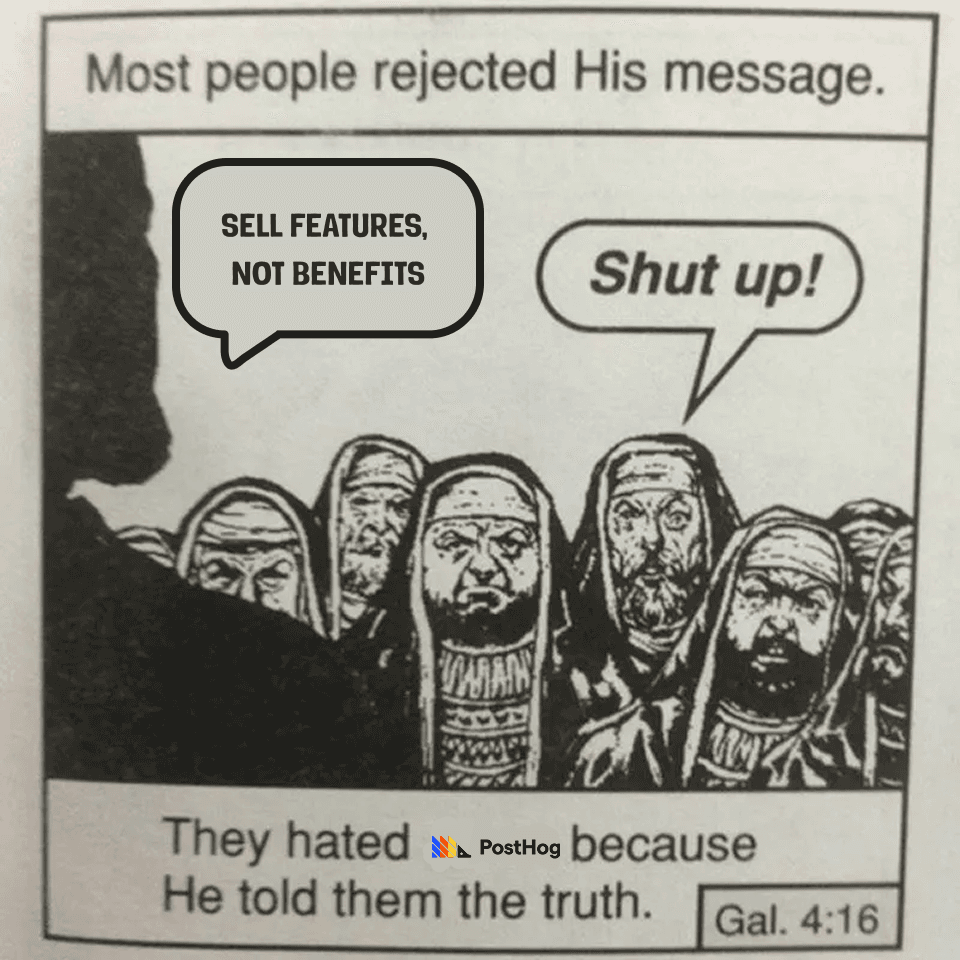
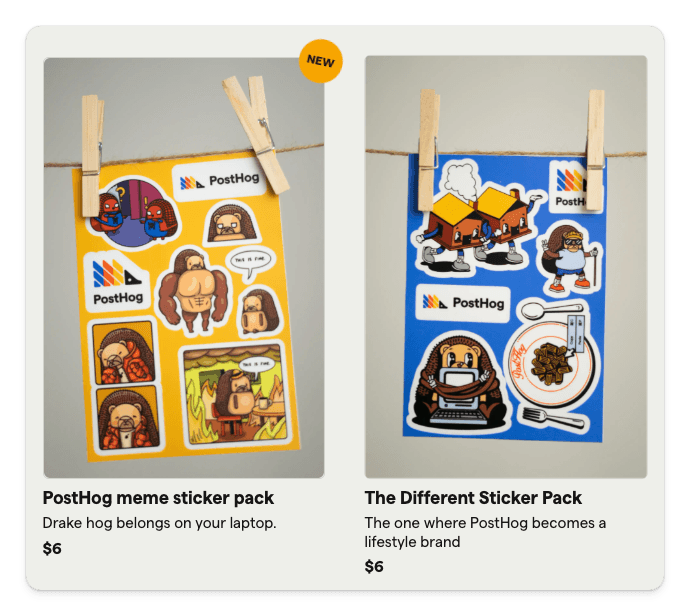
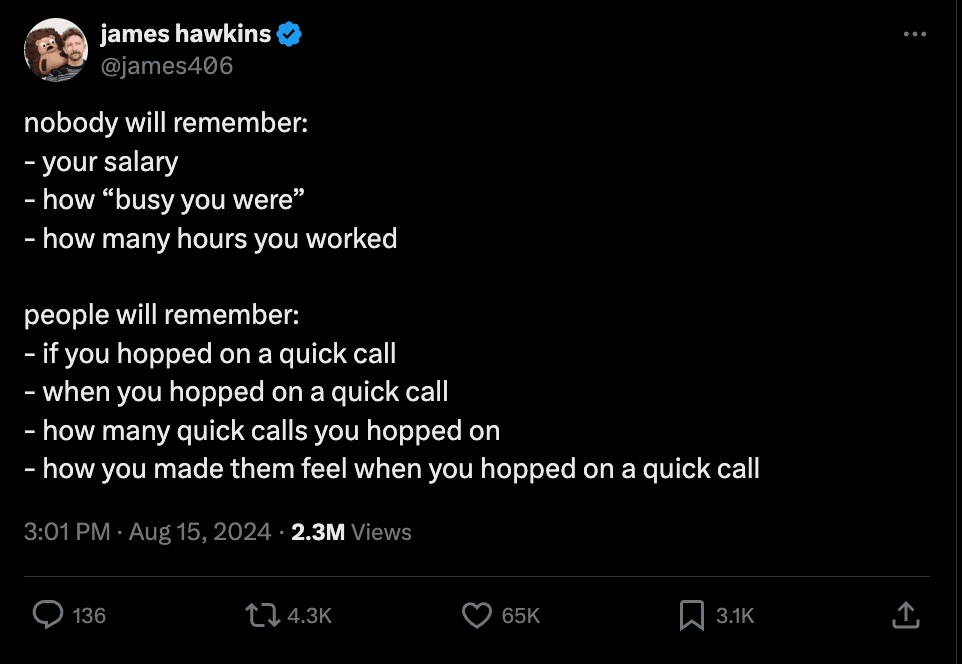
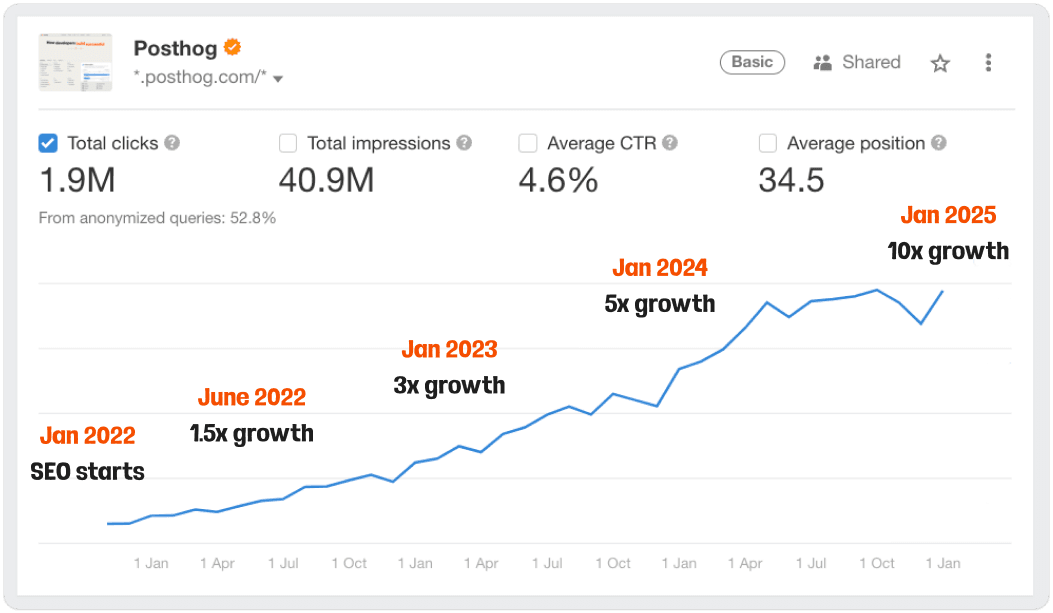
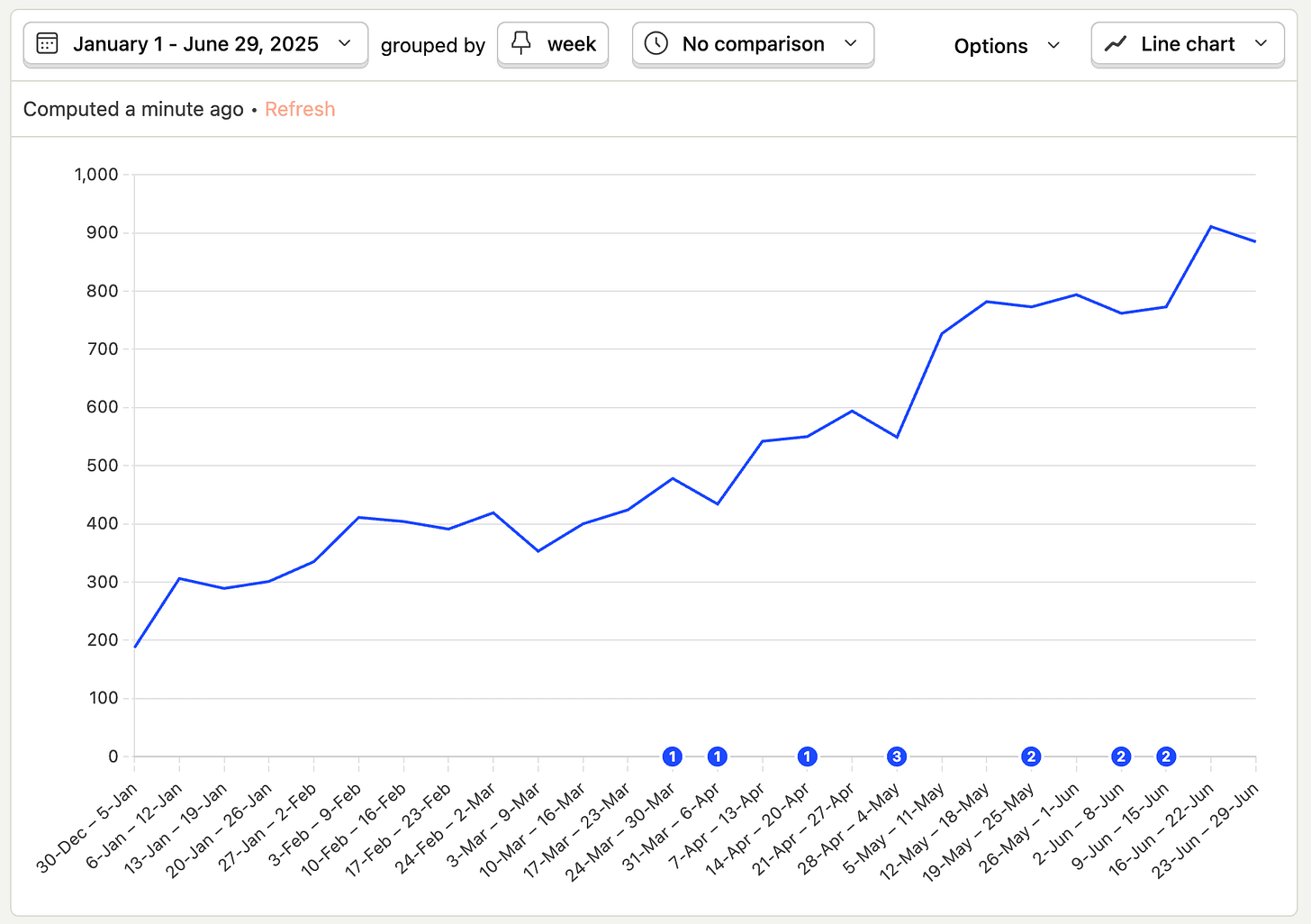
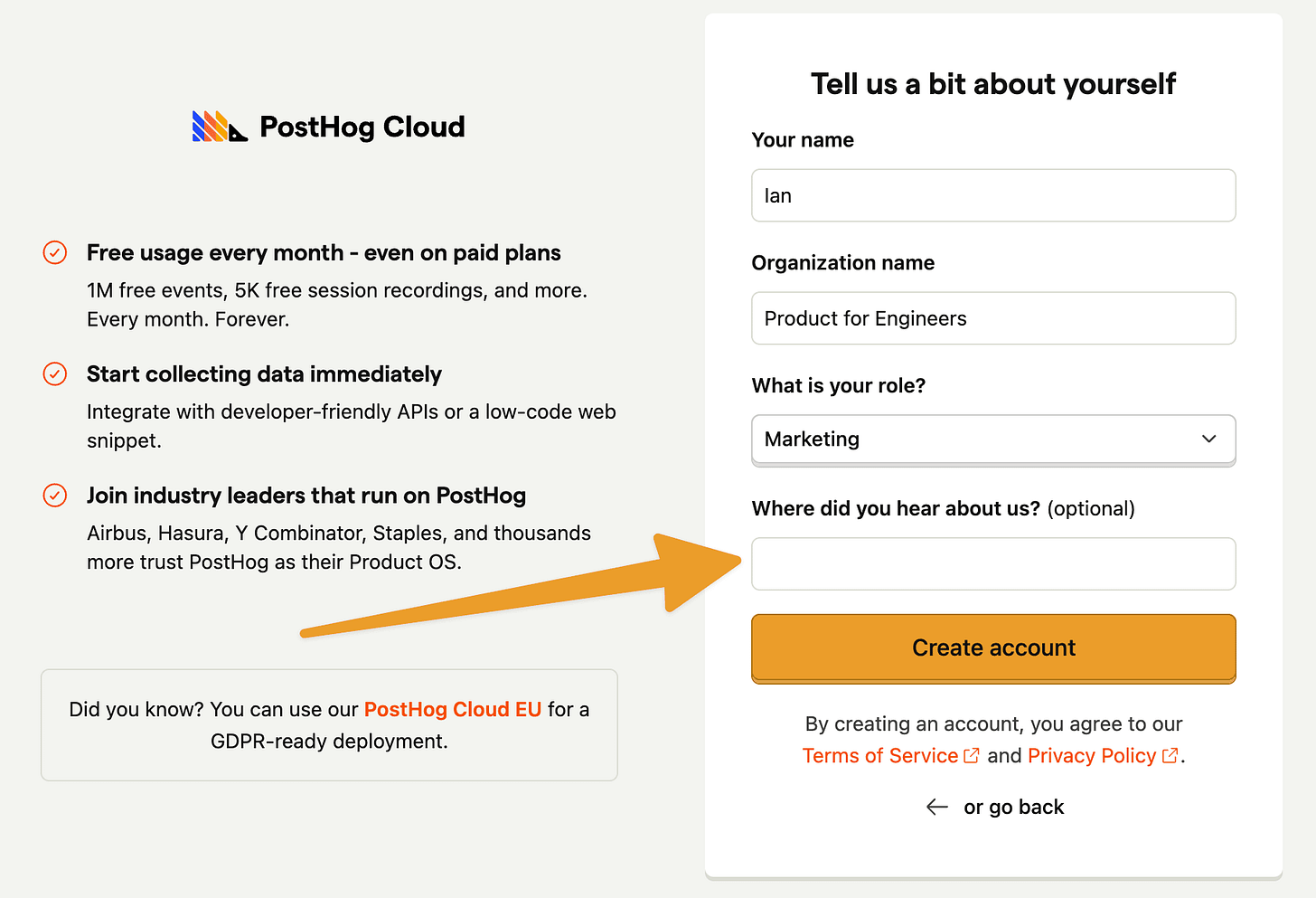
Thank you for sharing.
I got value.
As a children's product-based entrepreneur who provides affordable fashion for children, helping parents save money on new clothes, and also contributes to sustainable practice through recycling( thrift wear ), I find these detailed marketing tips helpful.
Will go back to the drawing board and tailor this to my business.
Thank you once again!
This is very good, thank you! Lots of helpful lessons here and I'll be coming back to this to see how things are going (and what might need changing).